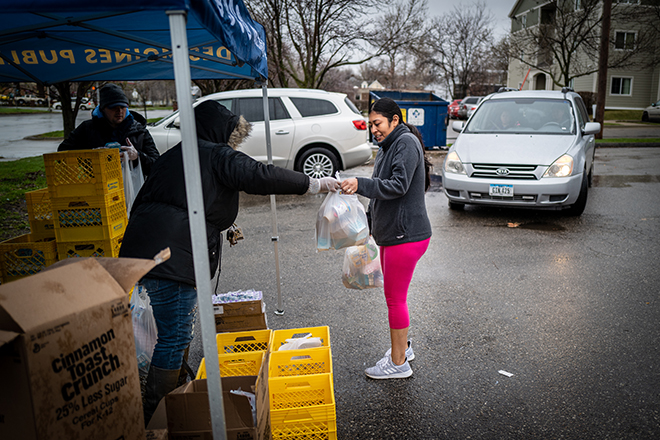NEWSLETTER
|
Nonprofit Workers: “on the front lines”
By Michael Seltzer and Patricia Swann
This article appeared on the PhilanTopic blog on April 14.
Neighborhood nonprofit organizations serve as both safety nets and trampolines for millions of New Yorkers. They help low-income youth graduate from high school and go on to college, support newly arrived immigrant families trying to adjust to life in a not-always welcoming country, and fire the imaginations of New Yorkers through the arts and culture, among other things.
Sadly, low-income residents of the city often struggle with other problems—including insufficient (or nonexistent) health care, persistent and structural racism and discrimination, unemployment and unsafe, substandard housing—that put them at higher risk for infection.
Since the early days of the COVID-19 outbreak in the U.S., nonprofits have been on the front lines of the epidemic, their staff classified as “essential” workers. They run our senior centers, settlement houses, food banks, family shelters, domestic violence shelters and supportive housing developments. The individuals who do this work do not make a lot of money. Many have no choice but to use mass transit to get to and from their jobs, putting their health and that of their families at risk.
The emergence and spread of the virus in the United States coincides with the spring special events season, when many nonprofits raise a significant percentage of their unrestricted revenues through walkathons, bike-a-thons and other large gatherings. As straightened as their circumstances may be, these nonprofits are being called on to do more with less—in many cases, much more with a lot less. Which is why it's critically important that we all do our best over the coming weeks and months to support the efforts of these essential workers and organizations as they do their best to help us through this dark time and create a more equitable future for all New Yorkers.
Michael Seltzer, a member of LAFF’s executive committee and head of its New York chapter, is a distinguished lecturer at Baruch College's Austin W. Marxe School of Public and International Affairs at the City University of New York and director of the New York Community Trust Leadership Fellows program.
Patricia Swann is a senior program officer at the New York Community Trust.
|


